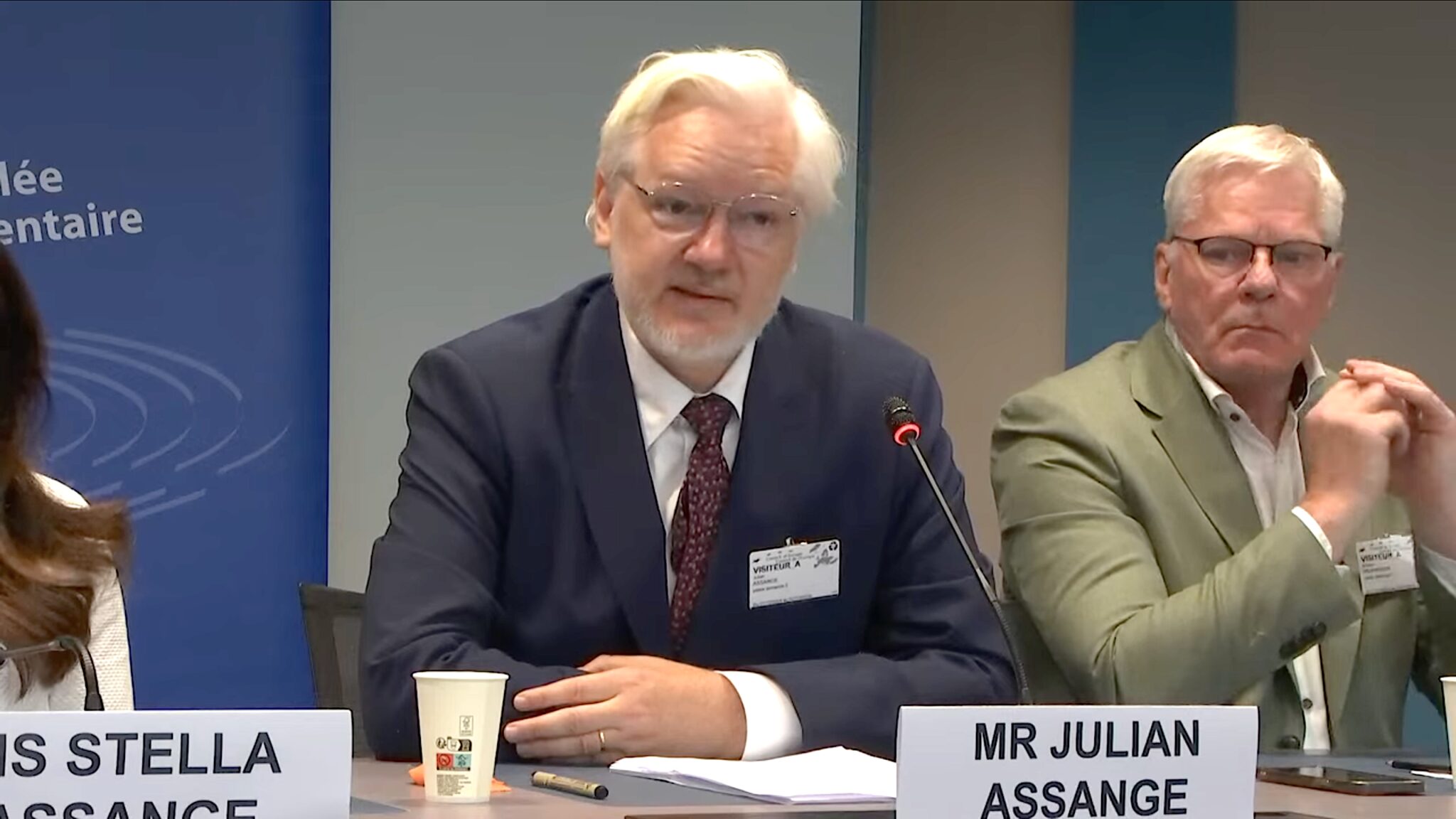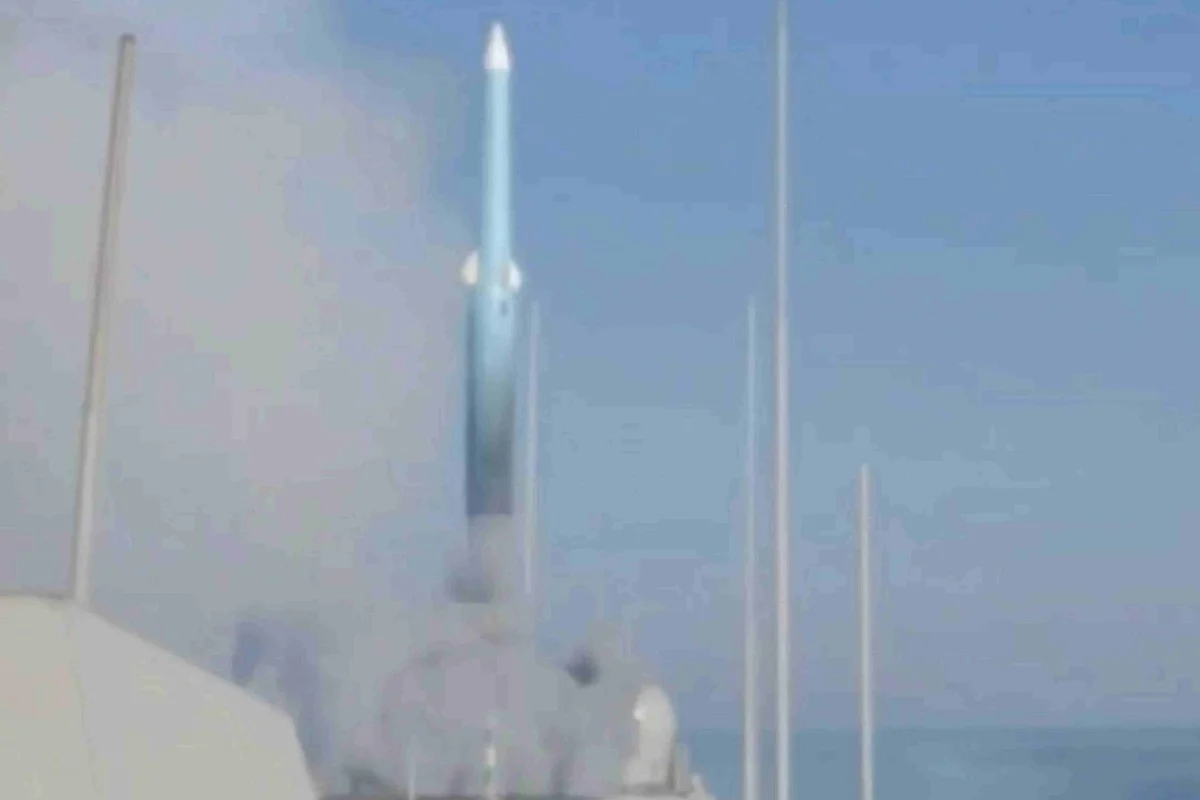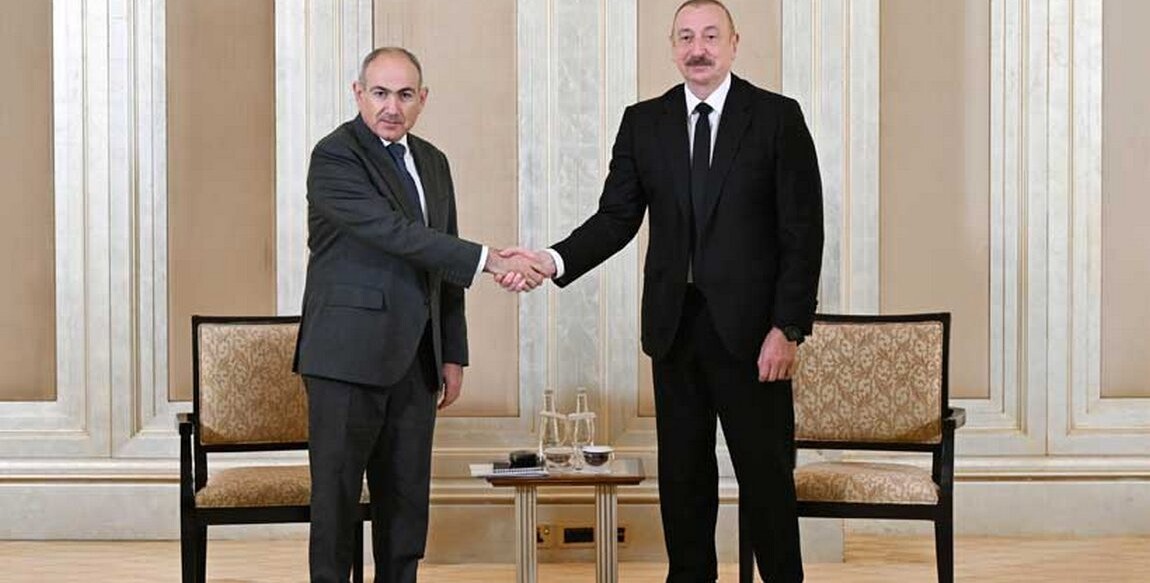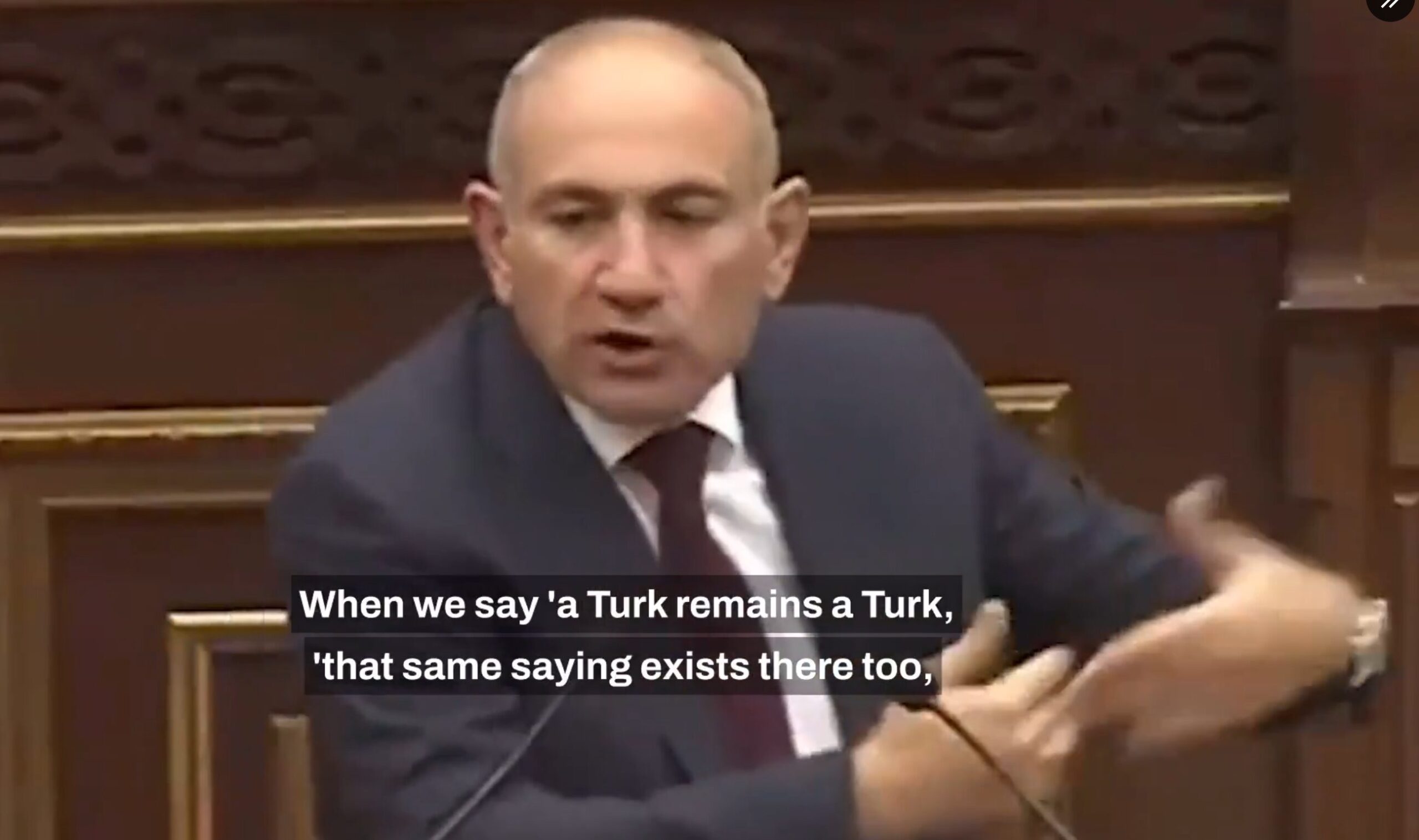At a meeting of the Parliamentary Assembly of the Council of Europe (PACE) on Tuesday morning, Julian Assange addressed the Committee on Legal Affairs and Human Rights in what is the first public appearance and statement since his release on June 24th from Belmarsh Prison in the UK.
A transcript of the whole address can be read here.
What Assange was seeking to communicate was that the case of his surveillance, persecution, imprisonment, trial, and eventual plea deal set an ominous precedent for Europeans attempting to do the work of journalism in or about the United States.
“The rights of journalists and publishers within the European space are seriously threatened,” Assange said. I was formally convicted by a foreign power for asking, for receiving, and publishing truthful information about that power while I was in Europe”.
Often confused with the European Union, the Council of Europe (CE) is a separate international organization that pre-dates the EU, and unlike its later Doppelganger, is truly pan-European—with all but 2 states on the continent holding membership. The most prominent institution of the CE is the European Court of Human Rights—an institution that was specifically designated in Assange’s plea deal with the United States as somewhere he is never allowed to testify at.
This is one instance among dozens that Assange described to PACE as “transnational repression”.
“Transnational repression cannot become the norm here,” Assange said near the conclusion of his address. “The lack of effective safeguards against this means that Europe is vulnerable to having its mutual legal assistance and expedition treaties hijacked by foreign powers to go after dissenting voices in Europe”.
“As one of the world’s two great norms-setting institutions, PACE must act,” he concluded. “If Europe is to have a future where the freedom to speak and the freedom to publish the truth are not privileges enjoyed by a few, but rights guaranteed to all, then it must act so what has happened in my case never happens to anyone else”.
Bullet points of Assange trial
Beginning in 2019, Assange was held in solitary confinement in Belmarsh High Security Prison reserved for terrorists and mass murderers, while the US attempted to negotiate his extradition.
The Justice Dept. under Trump and now under Biden, has decided to attempt to charge Assange—an Australian citizen—under a US law known as the 1917 Espionage Act, passed to prosecute spies during WWI and which has never been used to prosecute American journalists or publishers, much less foreign citizens.
The Westminster Magistrate’s Court ruled originally against extradition, saying that the treatment of Assange in Belmarsh already placed him at high risk of suicide or death from despair, and that an extradition to the US would almost certainly mean his death in this way.
“Faced with the conditions of near total isolation without the protective factors which limited his risk at [Her Majesty’s Prison] Belmarsh, I am satisfied the procedures described by the U.S. will not prevent Mr. Assange from finding a way to commit suicide,” said Judge Vanessa Baraitser in her original ruling, “and for this reason I have decided extradition would be oppressive by reason of mental harm and I order his discharge”.
This was later overruled by the Home Secretary Priti Patel, whose office concretely disagreed that his extradition would be incompatible with human rights laws.
Assange’s legal team filed an appeal in August, saying he was being punished for his political opinions, and that they had already proved beyond reasonable doubt that all accusations brought by the US Justice Dept had been unfounded.
“Overwhelming evidence has emerged proving that the US prosecution against my husband is a criminal abuse,” Stella Assange, Julian’s wife and part of the legal team, said in August.
Guilty of journalism
“When I founded WikiLeaks, it was driven by a simple dream to educate people about how the world works, so that through understanding, we might bring about something better,” he began his testimony saying. “Having a map of where we are lets us understand where we might go. Knowledge empowers us to hold power to account and to demand justice where there is none”.
“I want to be totally clear,” he said. “I am not free today because the system worked. I am free today after years of incarceration because I pled guilty to journalism. I pled guilty to seeking information from a source. I pled guilty to obtaining information from a source. And I pled guilty to informing the public what that information was. I did not plead guilty to anything else”.
Many of the details Assange proceeded to utilize in his address were gained in the discovery phase of his trial by his lawyers or were statements and testimony given by members of the US government during the trial period and the years preceding it, when WikiLeaks was first surveilled and oppressed by the CIA under the Obama Administration.
By then, WikiLeaks had caused two of the largest political scandals in US history by breaking two of the biggest stories in the history of US journalism: the State Department Cables of 2010, and another leak that demonstrated the breadth of unfettered US surveillance on its European allies which included infecting their institutions with spyware, hacking into smart TVs, phones, cars, and email servers, and spying on the European Central Bank and heads of state of several European nations.
The Obama Justice Dept. eventually withdrew from their persecution of WikiLeaks, “recognizing that no crime had been committed,” and that “the United States had never before prosecuted a publisher for publishing or obtaining government information”.
“To do so would require a radical and ominous reinterpretation of the US Constitution. However, in February 2017, the landscape changed dramatically,” Assange said. “CIA Director [Michael] Pompeo launched a campaign of retribution. It is now a matter of public record that under Pompeo’s explicit direction, the CIA drew up plans to kidnap and to assassinate me within the Ecuadorean Embassy in London and authorize going after my European colleagues, subjecting us to theft, hacking attacks, and the planting of false information. My wife and my infant son were also targeted”.
“The CIA’s targeting of myself, my family, and my associates through aggressive, extrajudicial, and extraterritorial means provides a rare insight into how powerful intelligence organizations engage in transnational repression. Such repressions are not unique,” Assange said.
A brief Q&A session followed his testimony, which ran about 22 minutes.
“I accepted a plea offer from the United States that would release me from prison immediately,” he said in response to the first question. “The United States insisted that I not be allowed to take a case in relation to what had happened to me, in relation to its extradition proceedings, nor that I could even file a Freedom of Information Act request, on the US government, to see what was done”.
“There will never be a hearing into what has happened. And that’s why it’s so important that PACE [address] the uncertainty within Europe as to the defenses that can be used by journalists here to protect themselves from transnational repression and extradition. If left in its current state, it will inevitably be abused by other states”. WaL
PICTURED ABOVE: Julian Assange addresses PACE. PC: PACE, released to the media.



